Beijing's Crackdown On Democracy And Dissent In Hong Kong
China has moved to crush Hong Kong's pro-democracy movement after huge and violent protests rocked the finance hub last year, eviscerating along the way the flickering freedoms it promised Hong Kong could keep after the end of British colonial rule in 1997.
Here are the key developments in Beijing's crackdown on dissent in the semi-autonomous city.
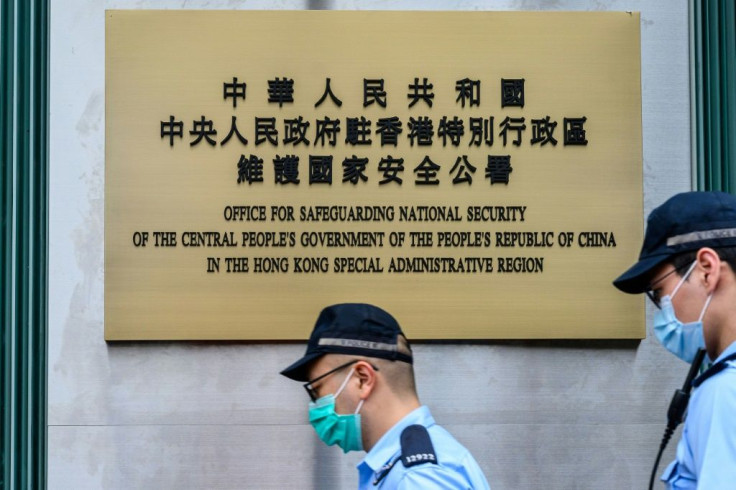
On May 22 China's top legislative body, the National People's Congress Standing Committee (NPCSC), unveils plans to strengthen "enforcement mechanisms" in Hong Kong.
A draft proposal for the law says it will "guard against, stop and punish any separatism, subversion of the national regime, terrorist group activities and such behaviours that seriously harm national security".
But the precise content of the legislation is kept hidden from Hong Kong's 7.5 million residents.
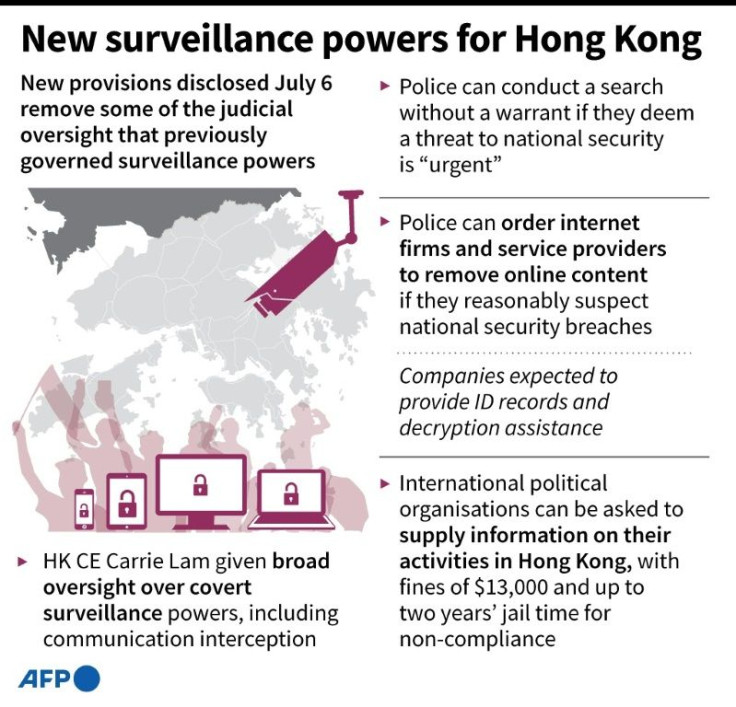
An attempt by the Hong Kong government to introduce a similar law in 2003 sparked huge protests and was eventually shelved.
China passes the security law on June 30, skipping Hong Kong's fractious legislature, with the precise wording kept secret until it came into effect.
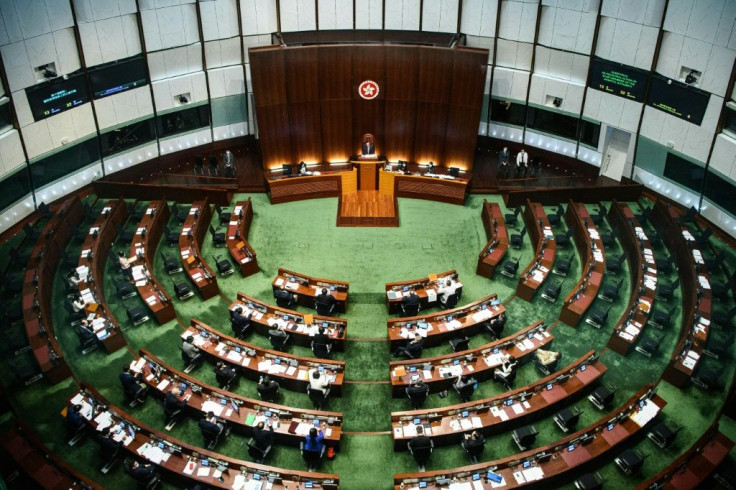
The legislation is unanimously approved by Beijing's rubber-stamp parliament and signed by President Xi Jinping.
It allows Beijing jurisdiction over cases deemed to be serious breaches and introduces life sentences for the worst offences. It also allows China's security agents to operate openly in Hong Kong for the first time.
Four young pro-democracy leaders announce the same day they are resigning from their party, Demosisto, which is then disbanded. One of them, Nathan Law, flees the territory.
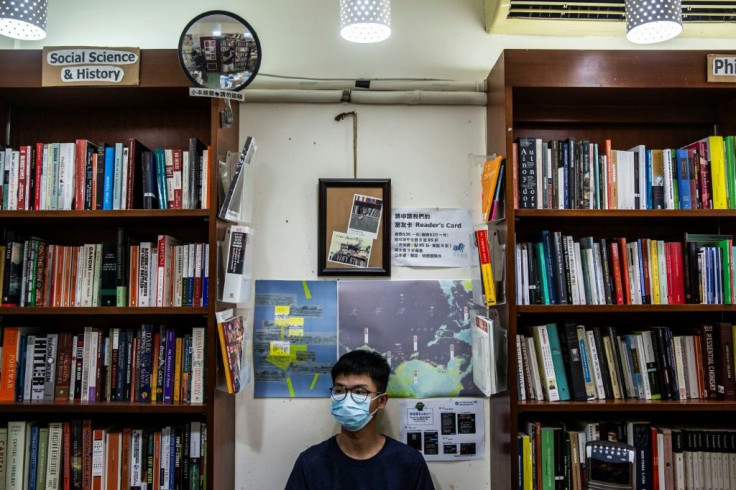
On July 1, the 23rd anniversary of Hong Kong's return to Chinese rule, the first arrests are made under the new law.
In the same month, China opens a new office for its security agents to operate openly in the city for the first time, transforming a hotel into the force's headquarters.
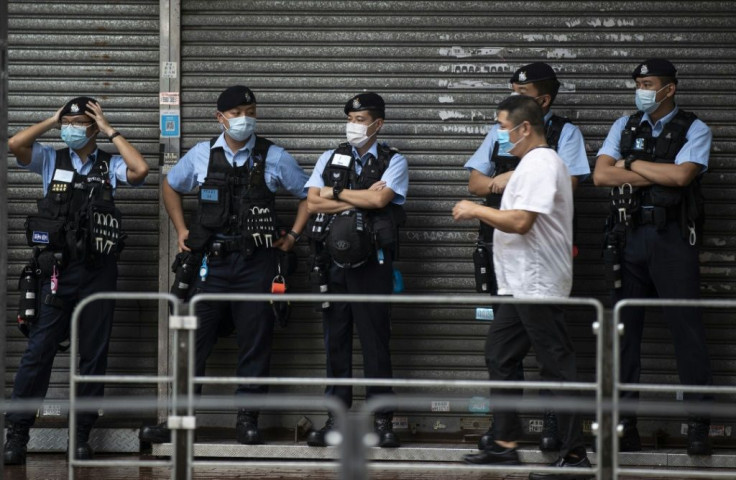
More than 20 people have been arrested under the new security law, including four students who are accused of breaching it in their social media posts.
A month after the security law takes effect, 12 democracy activists, including four sitting lawmakers, are disqualified from running in an upcoming legislative election.
Election officials cite political views such as criticising the national security law, campaigning to win a legislation-blocking majority and refusing to recognise China's sovereignty.
One day after that, the government postpones the elections -- due to be held in September -- for a year, blaming the coronavirus.
In July, a number of books written by democracy activists are withdrawn from Hong Kong libraries, and three days later the government orders schools to get rid of books that could be in breach of the security law.
Two pro-democracy veterans are sacked by universities after they served jail terms for taking part in protests.
In August, hundreds of police raid the newsroom of pro-democracy newspaper Apple Daily and arrest its owner, media tycoon Jimmy Lai.
In November, a Radio Television Hong Kong journalist is charged with making a false statement while obtaining information on vehicle license plates for an investigation into a mob attack and Hong Kong police misconduct last year.
On Wednesday, Hong Kong authorities disqualified four pro-democracy lawmakers.
The move comes just minutes after China's top lawmaking committee ruled the city's government could remove any legislator deemed a threat to national security without going through the courts.
The remaining 15 pro-democracy lawmakers later say they will all quit in protest, reducing Hong Kong's once-feisty legislature to a gathering of Chinese loyalists.
International criticism of China is swift.
"Once again, (Chinese President) Xi Jinping's regime has demonstrated its total hostility to democratic accountability, and those who wish to stand up for it," said Chris Patten, the city's last colonial governor.
© Copyright AFP 2024. All rights reserved.





















